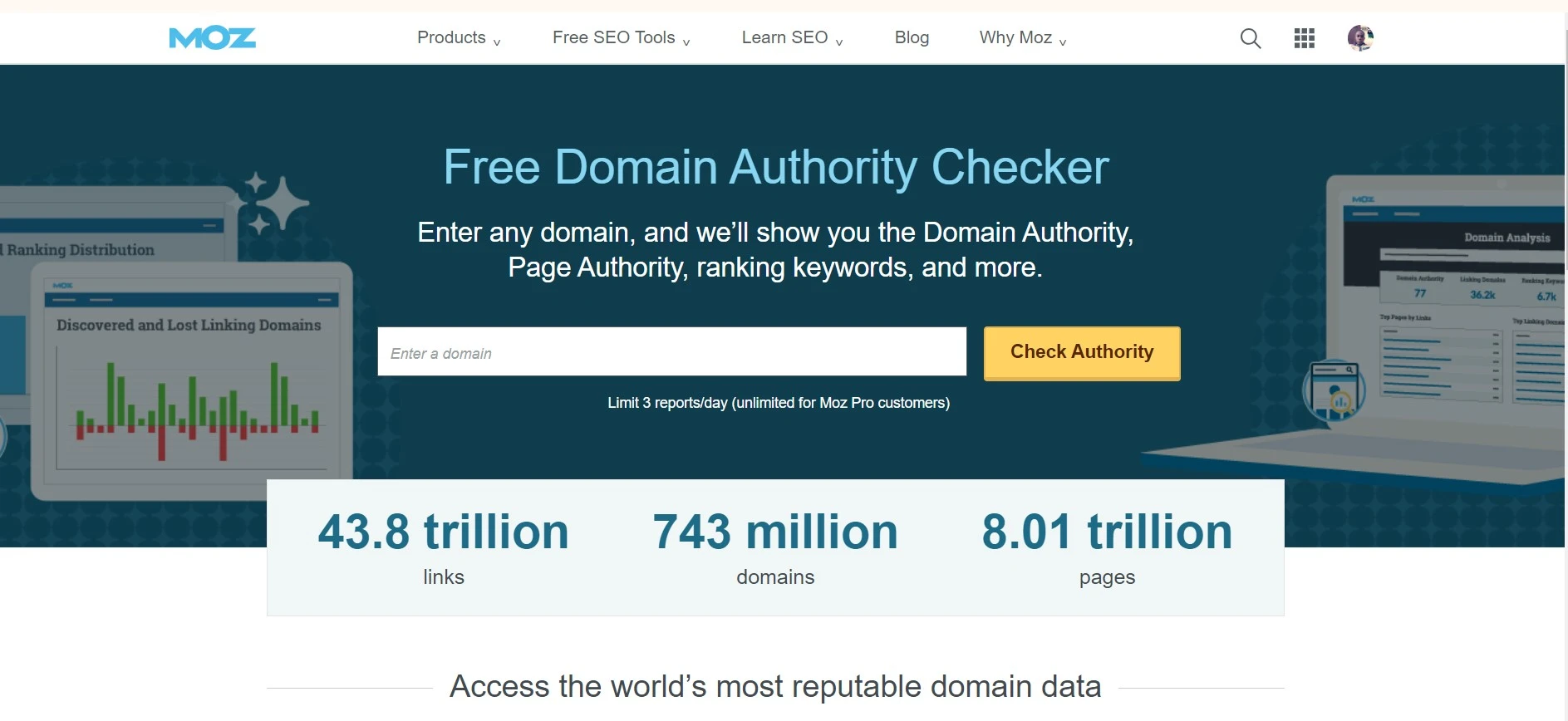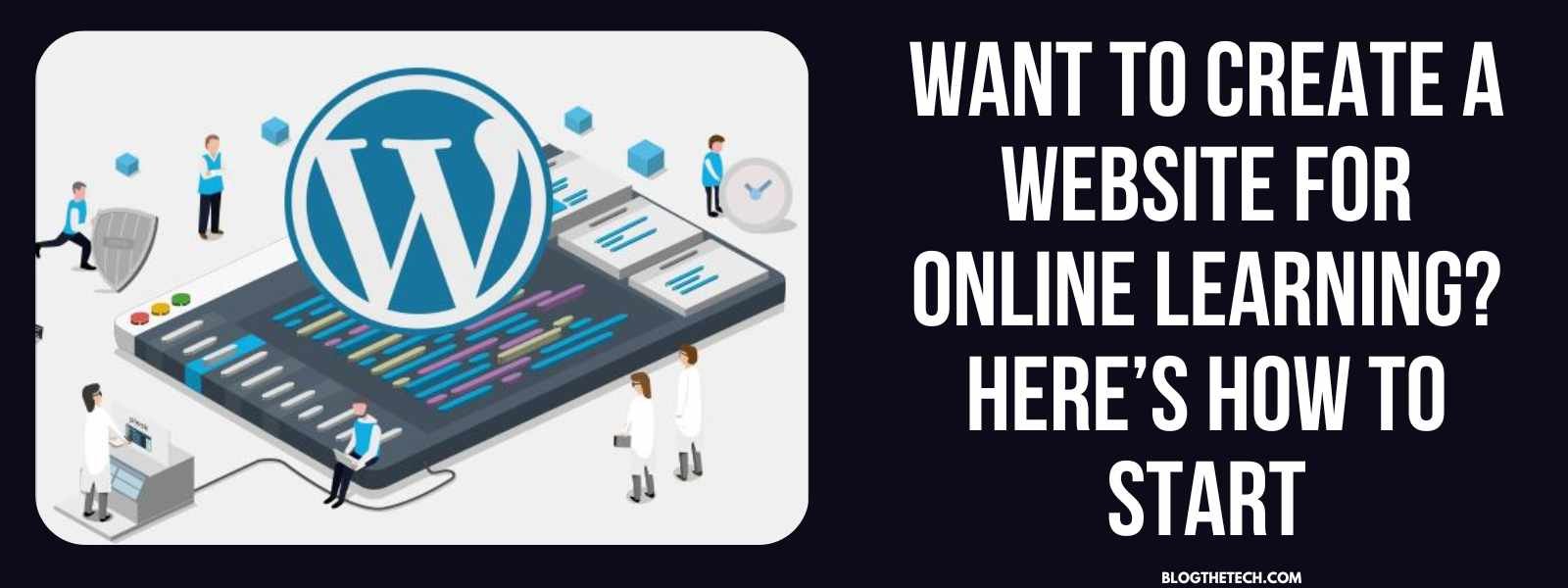Online success these days depends on SEO mastery. Regardless of your role—business owner, marketer, or budding SEO specialist—knowing and using SEO Tools will greatly increase the exposure and functionality of your website. An SEO Course provides you with the necessary knowledge and skills to effectively navigate these tools. Confidently enter the realm of SEO and discover how these potent instruments can change your digital approach, boosting traffic and your online presence.
1. AI-Powered Keyword Research
Keyword research is the foundation of SEO. Keywords were previously manually searched for, their performance analysed, and the best ones chosen by SEO specialists. By automating keyword research and offering more precise data, AI has, however, completely changed this process.
Using machine learning algorithms to examine enormous volumes of data, AI-powered SEO solutions pinpoint phrases that are most likely to increase traffic and conversions. These programmes can forecast trends, make long-tail keyword suggestions, and reveal user intent. To keep ahead of the competition, Ahrefs and SEMrush, for instance, use AI to provide keyword recommendations based on real-time data.
2. Content Optimisation

Success with SEO requires producing excellent, optimised content. Tools for enhancing the relevance and readability of content are powered by AI and examine existing material. Search engine algorithms can be optimised with the material as these tools assess keyword density, readability scores, and content structure.
Natural language processing (NLP) is used by AI technologies such as Clearscope and MarketMuse to comprehend the context of the material and recommend relevant phrases and keywords. They also aid in pointing out content gaps, which enables companies to provide thorough and worthwhile material that appeals to their target market.
3. Voice Search Optimisation
As smart speakers and virtual assistants have multiplied, voice search has gained popularity. Because users of voice search frequently utilise natural language and longer searches, optimising for voice search calls for a different strategy than standard SEO.
Through its comprehension of user intent and natural language patterns, AI is essential to voice search optimisation. Artificial intelligence (AI) enabled SEO solutions may examine voice search data and offer insights into the kinds of questions people are asking. This lets companies make their content better for conversational keywords and phrases, which raises their chances of showing up in voice search results.
4. Predictive Analysis
The capacity of AI to forecast trends and results is among its main benefits in SEO. Machine learning algorithms are used by predictive analysis systems to examine past data and spot trends. Businesses may predict shifts in user behaviour, market trends, and search engine algorithms thanks to this.
AI-powered systems, for example, can forecast which keywords are going to become popular, enabling companies to produce material around these terms before they become widely used. This proactive strategy keeps one ahead of rivals and keeps one well-present online.
5. Technical SEO
It involves optimising the components of a website such as crawlability and mobile friendliness. Technical SEO audits may be automated with AI technologies which can find problems that could impact website search engine results and performance.
Artificial intelligence is used by programmes like Screaming Frog and DeepCrawl to crawl websites and produce detailed reports on technical problems. They can identify duplicate material, broken links, and other technological issues and offer feasible solutions. Real-time performance monitoring of the website by AI can also guarantee that it continues to be search engine optimised.
6. Competitor Analysis

Any SEO plan needs to be aware of competition. Tools for competitor analysis driven by AI may give firms detailed understanding of the SEO tactics of their rivals, pointing up both opportunities and risks.
With their ability to examine competitors’ content plans, keywords, and backlinks, these tools offer a thorough picture of their SEO success. AI allows companies to find flaws in their own plans and make data-driven choices to raise their search engine results.
7. Personalised User Experience
By examining user preferences and behaviour, AI makes customised user experiences possible. AI can be used by SEO tools to divide up users and provide customised material that appeals to various user groups.
AI can, for instance, examine user interaction data to determine what kind of material people like, how they move around the website, and what drives them to convert. Personalised content and website structure optimisation made possible by this data help companies improve user experience and eventually SEO performance.
Conclusion
AI has completely changed SEO tools, giving companies strong skills to keep their websites optimised and competitive in the digital market. Keyword research and content optimisation to technical SEO and predictive analysis—AI-powered technologies provide a variety of advantages that improve SEO performance. With more sophisticated tools coming, SEO has a bright future if AI technology keeps developing. Companies which use AI in their SEO plans will be in a good position to succeed over the long run in the always evolving digital landscape.
Master optimising SEO for your organisation through The Knowledge Academy Courses.





